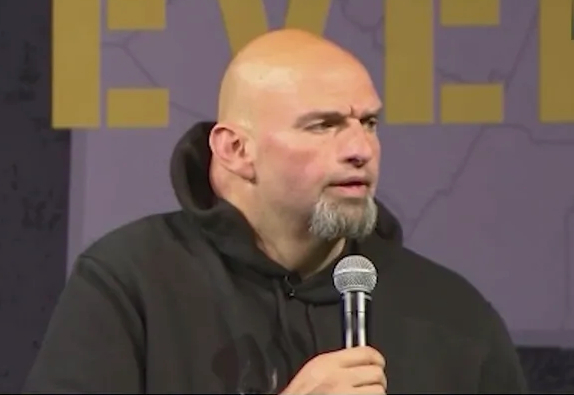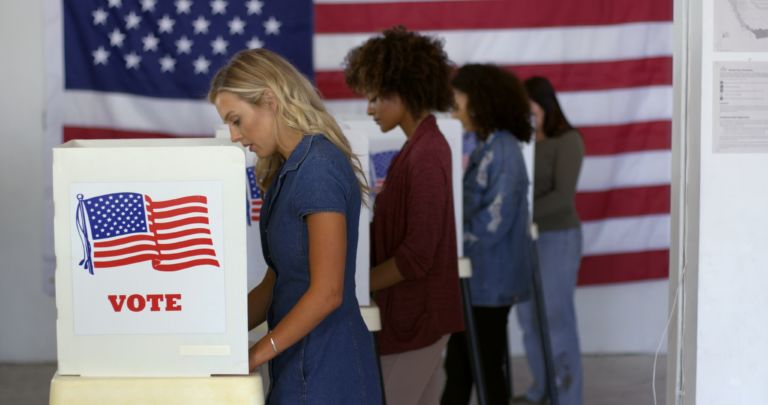Stephanie Lundquist-Arora writes for the Federalist about a disturbing tactic from the political left.
Notions of American kindness during and after the pandemic have expanded far beyond the Golden Rule.
A friend from Eastern Europe told me she learned about our obsession with “being nice” during her senior year in high school while living in the Midwest as an exchange student. In order to be well-loved in the United States, above all else, you must be kind, she observed. When she makes plans with Americans, she questions if they are asking her to “grab coffee” just to be nice, or if they actually want to meet.
I was skeptical about her observations at first, but then I considered the way we describe the people we like. “She is so nice,” we say. You never hear, “She is honest and direct.” It often seems we prefer being nice over being genuine.
Manipulating Americans en masse is simple if we can be convinced that something we are doing — or not doing — is unkind. Video rental businesses understood this well in the 1980s: “Be kind, please rewind.” So we did.
But during the pandemic, corporate media inundated the public with messages dictating what to do in order to be “kind” — directives much more intrusive and disruptive to life than simply rewinding videotapes or returning grocery store carts to the corral. Many in power pointed to “the science” to argue we had to isolate ourselves, maintain an arbitrarily determined six-feet social distance, keep our children out of schools, wear masks, and take an experimental shot. If we did not comply, we likely were killing someone’s grandmother. And really, what could be unkinder than that?
Even asking questions became socially unacceptable. When we scrutinized the effectiveness of these policies and vocalized concerns about citizens’ freedom under what was basically martial law, we were called selfish.


